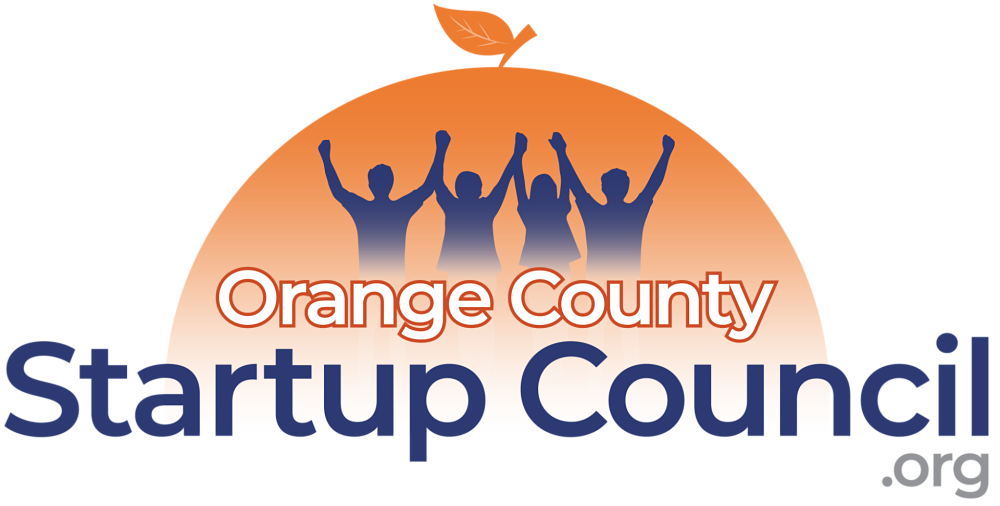Pegasus One: Redefining Payor Support with FHIR + AI
Thanks to Sponsor Pegasus One for this thought leadership article outlining best practices for startup software products:
How FHIR and AI Are Helping Payors Reduce Customer Support Costs
When James, a claims representative at a national health insurance company, reviewed his queue one Monday morning, he noticed something unusual.
The list of pending member queries — once overflowing — was now short and manageable. What changed? His company had just rolled out an FHIR-enabled, AI-driven support system that transformed how payors handle customer support operations.
The Problem with Traditional Payor Support
For years, payors have struggled with ballooning administrative expenses driven by manual claim reviews, call center overload, and fragmented data systems. According to a McKinsey analysis, administrative waste consumes nearly 30% of U.S. healthcare spending. These inefficiencies have made digital automation and interoperability essential to survival in the competitive payor landscape.
What Is FHIR and Why It Matters
Fast Healthcare Interoperability Resources (FHIR) is a standard developed by HL7 International to enable secure, consistent, and real‑time data exchange. It empowers payors to connect across EHR systems and claims databases seamlessly. For instance, Cleveland Clinic used FHIR APIs to unify clinical records and reduce redundant inquiries across systems.
AI’s Role in Scaling Payor Efficiency
AI systems can automate thousands of routine inquiries daily. Conversational bots process coverage verification or claim status checks instantly, reducing call volume by up to 30%. Solutions such as Sutter Health’s virtual assistants demonstrate how AI can reallocate staff from repetitive tasks to higher‑value service activities.
FHIR + AI: A Powerful Synergy
When paired, FHIR and AI achieve extraordinary efficiency. FHIR’s structured data allows AI to analyze patient records, predict claim disputes, and handle underwriting conversations. An example is Availity’s AI-driven FHIR prior authorization platform, which automates validation and cuts turnaround times dramatically.
Real-World Impact on Cost Reduction
Organizations utilizing this dual innovation report up to 19% fewer missed appointments and near one‑third fewer manual support escalations, according to research by Graphlogic. The HL7 Da Vinci Project further noted streamlined prior authorizations and improved transparency between payors and providers.
Implementing FHIR and AI in Practice
Integration doesn’t require starting from scratch. Many payors use FHIR façades to expose legacy data securely to AI tools. This enables natural language processing chatbots and predictive analytics to operate using real‑time information while maintaining HIPAA compliance.
Humanizing Technology in Customer Support
Automation doesn’t eliminate the human touch; it refines it. Support agents now focus on nuanced cases while intelligent assistants address predictable inquiries in seconds. The result: reduced costs and better employee and member experiences.
The Future of FHIR‑Driven AI in Payor Services
Upcoming FHIR R5 capabilities will enhance real‑time interoperability, and the next wave of AI—especially generative AI—is poised to predict member needs before they even reach out. Companies like Thoughtful.ai project full payor workflow automation within the next few years.
Conclusion
FHIR gives healthcare data a common language; AI gives it actionable intelligence. Together, they’re transforming how payors manage member support—reducing operational costs, minimizing errors, and improving service quality across the healthcare ecosystem.
References
HL7 Da Vinci Project: https://confluence.hl7.org/display/DVP/Da+Vinci+Project+Home
Availity FHIR Authorization Platform: https://www.availity.com/solutions/prior-authorization
McKinsey Healthcare Operations Report: https://www.mckinsey.com/industries/healthcare
Graphlogic AI for Healthcare: https://www.graphlogic.ai
ai Healthcare Automation: https://thoughtful.ai
Read this article at pegasusone.com...
Thanks for this article excerpt and its graphics to OC Startup Council Sponsor Pegasus One.
Want to share your advice for startup entrepreneurs? Submit a Guest Post here.

